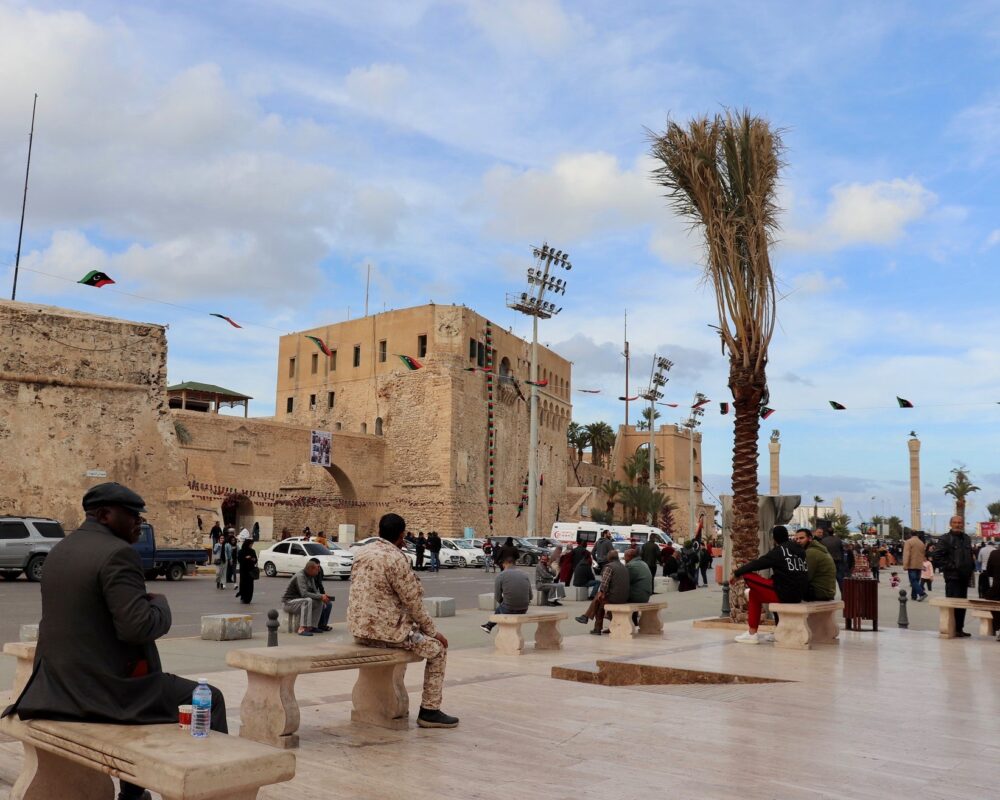GENEVA (AN) — A United Nations-backed forum representing Libya's warring sides on Tuesday overwhelmingly authorized a new way of choosing a transitional government to hold nationwide elections in late December.
The Libyan Political Dialogue Forum voted 51-19 to approve an advisory committee's plan for selecting a unified executive authority based on a meeting days earlier in Geneva, the U.N. Support Mission in Libya, or UNSMIL, said.









